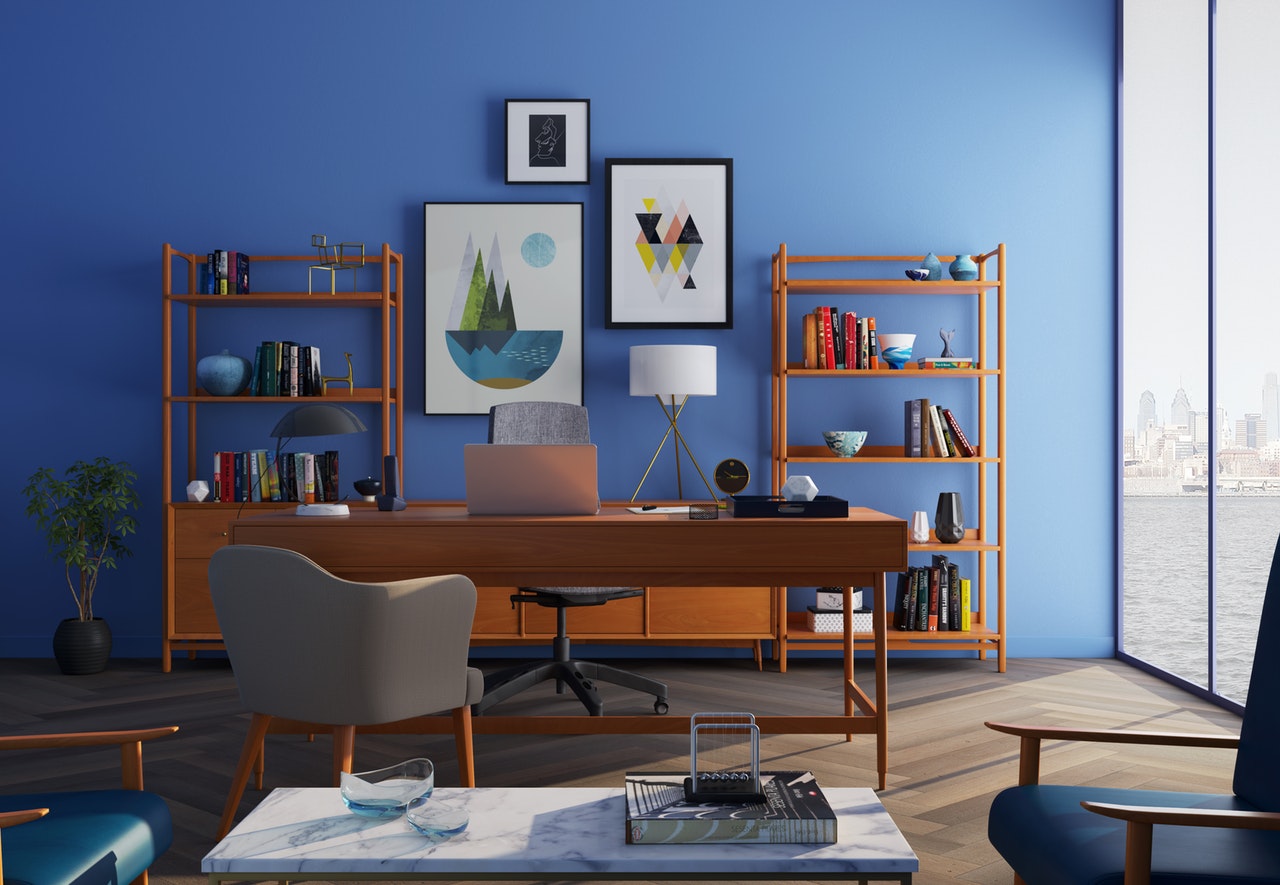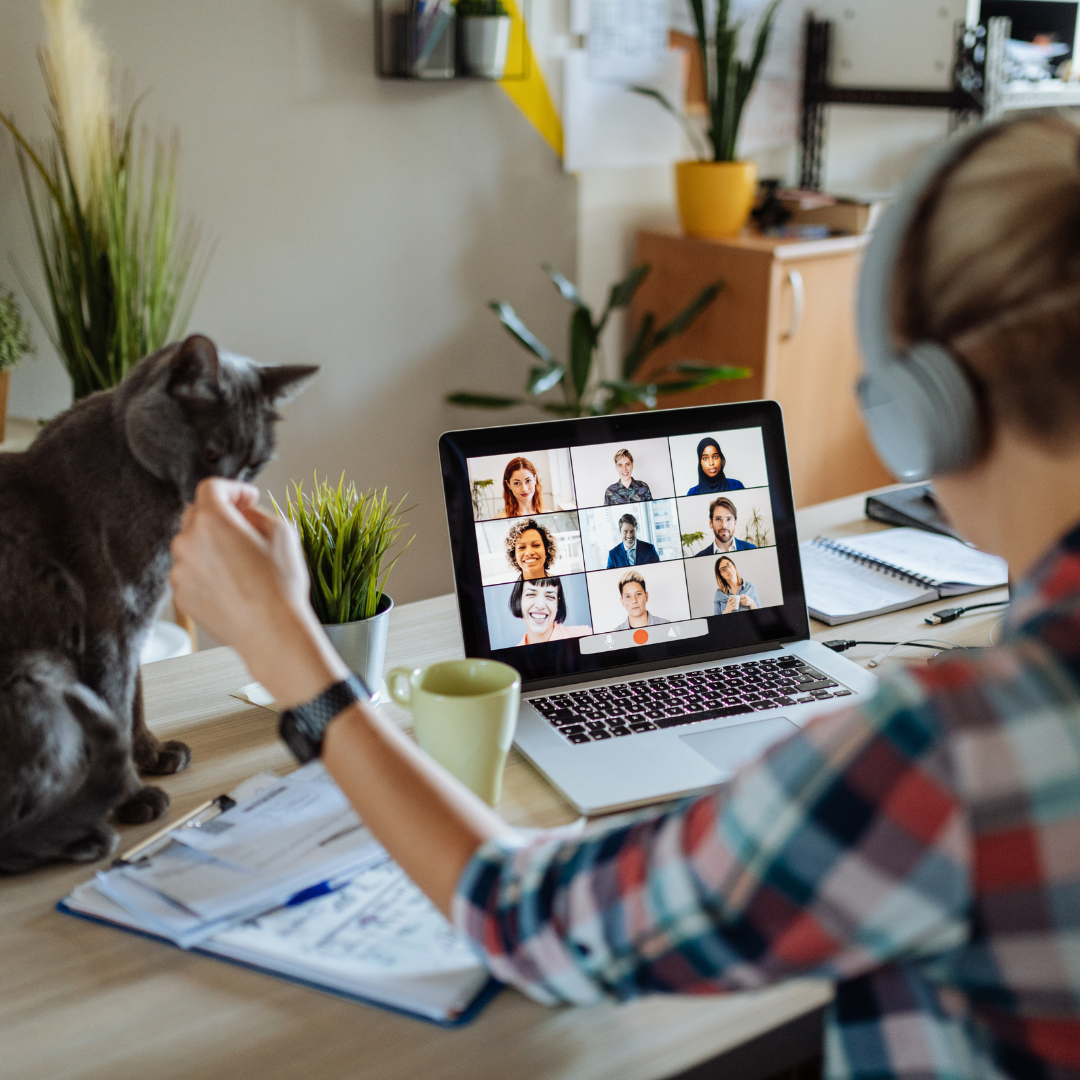A lot of people have a misconception about what being a freelancer really means. Make no mistake, a freelancer is nothing else than a self-employed entrepreneur. The tools you use, the time you have available and the effort you invest are your corporate resources and, as such, they need to be spent carefully.
Moreover, seeing as how you’re the boss in your one-person company, it’s your duty to provide your employee (again yourself) with a proper work environment. Sure, it’s easier to work from a living room sofa or an armchair with a laptop in your lap but this might make your productivity plummet by quite a bit. With that in mind and without further ado, here are several tips on how to create a perfect home office for freelancing.
1. Consider a standing desk
The first thing you need to understand is the fact that one of the greatest problems that freelancers face is the one of focus. Now, one ergonomic tip you could use to boost focus is to get a standing desk. First of all, in most industries, you don’t have to work continuously for hours. This is especially true when it comes to freelance work. So, why not get a standing desk and organize your workday into periods.
A great example of how this works is with the help of the Pomodoro Technique. You can place your standing desk next to the wall and on the opposite side put a comfy sofa. Then, you can work in intervals of 25 minutes and rest for 5 minutes. This will be enough to rest your legs and your back. Most importantly, it gives you a chance to create a link between physiological rest and mental rest, which will make you much less distracted in the long-run.
At the end of the day, those who can’t find enough resolve to commit to these standing desks might at least look for a height-adjustable one. In this way, you keep the privilege of changing your mind if the situation doesn’t work out to your liking.
2. The purpose of the room
The most important aspect of designing your home office lies in the question of what industry you’re actually in. For instance, a professional whose job requires face-to-face meetings with clients, on a regular basis, needs to keep in mind more than just their own personal disposition. When you’re the only person to spend time in the room, you can arrange and furnish it at your own behest, while things rapidly change if your workroom is also a place where you greet clients.
For instance, companies like Display ME offer various brochure holders, which you can use in order to present your audience with various industry-specific materials and services you currently have on offer. Moreover, as it is customary, you might want to look for a way to display all your certificates on the walls of the room, therefore, boosting your reputation in the eyes of your audience. It might also be a good idea to design your logo and print it on a mug, USB drives and other promotional material so that you get a sense of working in a real office.
3. Light is essential
Another vital aspect of your home office’s décor is the issue of light. First of all, the influx of natural light affects your morale and, therefore, your productivity. Second, regardless of your line of work, you rely on your vision for focus and the ability to spot mistakes while working. In other words, you need a room with enough natural light and an adequate task lighting. If possible, you should probably go for LED and, in this way make your home office more planet-friendly and slightly reduce your overhead.
4. Keep people out
Earlier on, we talked about receiving clients in your office. Well, other than your clients, people really have nothing to do inside of the room. In other words, a good home office for freelancing is an authorized personnel only. In general, this is the attitude you need to assume in all things regarding your freelancing. First of all, if you have enough room inside of your home, you need to abandon the idea of dual-purpose rooms. In that way, you have the full right to keep your partner out while you work, seeing as how this would be nearly impossible in a bedroom-office. Second, this gives you a unique opportunity to qualify for a hefty tax deduction.
In conclusion
Freelancing can indeed be a lucrative career choice, provided that you have the right approach and an adequate mindset to enter it. Still, it’s a real job and a real business, which means that treating it as a hobby or a way to make some quick money won’t get you far. Instead, you should consider applying and implementing above-listed four principles and, in this way, increase your chances of getting the most out of this situation.




